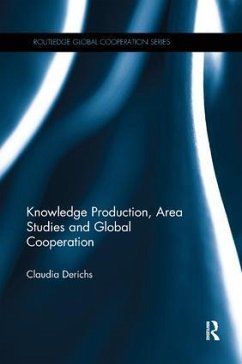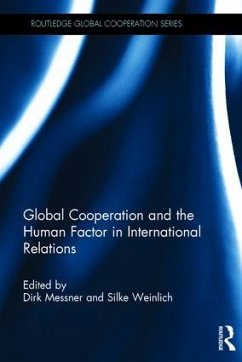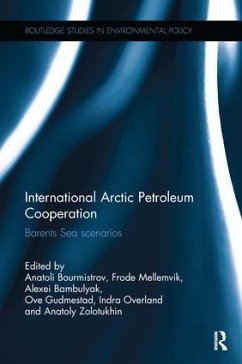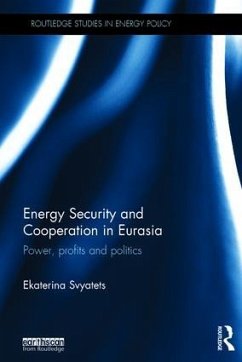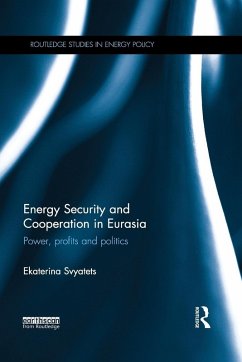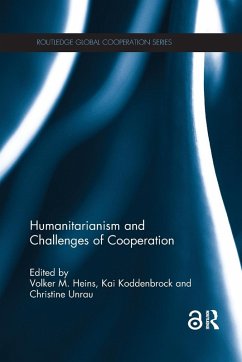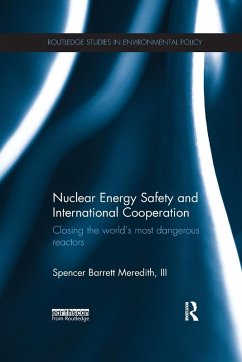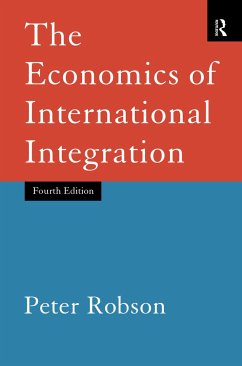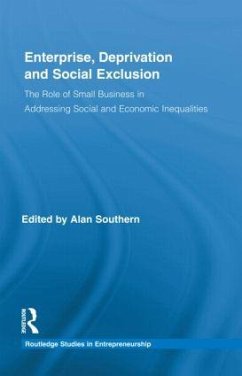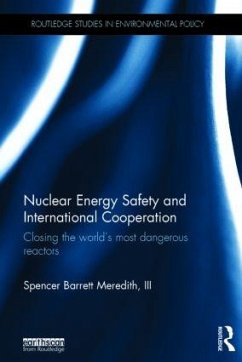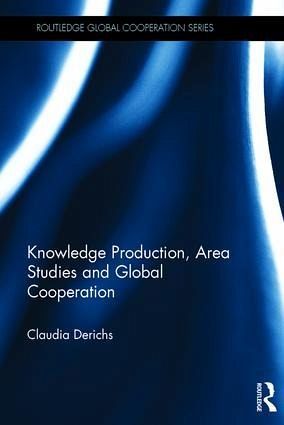
Knowledge Production, Area Studies and Global Cooperation
Versandkostenfrei!
Versandfertig in 1-2 Wochen
169,99 €
inkl. MwSt.
Weitere Ausgaben:

PAYBACK Punkte
85 °P sammeln!
Knowledge Production, Area Studies and Global Cooperation questions the assumption that groups of people should be defined be geographical boundaries, arguing instead that individuals often feel more connected by shared values and principles than by conventional spatial dimensions. The book demonstrates that an understanding of pluri-local connectivity should be integrated into the production of knowledge about different areas of the world and the behavioural dimension of global cooperation. By shifting the view from the collective to the individual and from the formal to often invisible patte...
Knowledge Production, Area Studies and Global Cooperation questions the assumption that groups of people should be defined be geographical boundaries, arguing instead that individuals often feel more connected by shared values and principles than by conventional spatial dimensions. The book demonstrates that an understanding of pluri-local connectivity should be integrated into the production of knowledge about different areas of the world and the behavioural dimension of global cooperation. By shifting the view from the collective to the individual and from the formal to often invisible patterns of connectedness, this book provides an important fresh perspective which will be of interest to scholars and students Area Studies, Global Cooperation, Politics, International Relations and Development Studies. ¿





